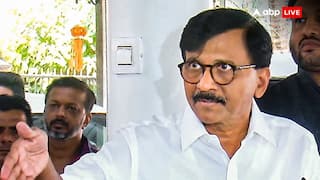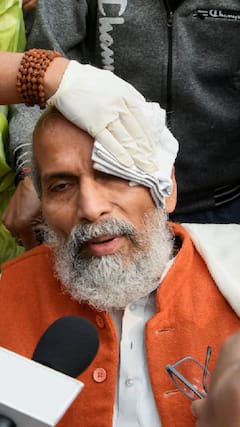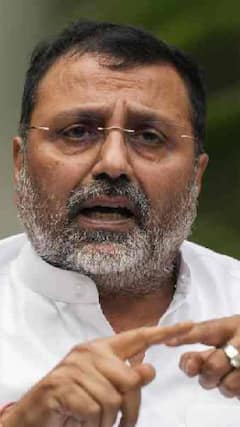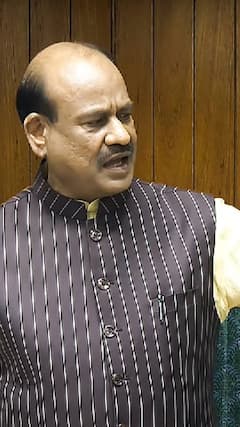Russia and China try to end Bosnia's international overseer
United Nations, Jul 14 (AP): Russia and China have circulated a draft UN Security Council resolution that would immediately strip the powers of the international high representative overseeing implementation of the 1995 peace agreement that ended the devastating war in Bosnia and eliminate the position entirely in two year.

United Nations, Jul 14 (AP): Russia and China have circulated a draft UN Security Council resolution that would immediately strip the powers of the international high representative overseeing implementation of the 1995 peace agreement that ended the devastating war in Bosnia and eliminate the position entirely in two years.
The brief draft resolution, obtained Wednesday by The Associated Press, states that the powers given to the high representative at a conference on implementing the Dayton peace agreement in 1997 “are no longer required given the progress achieved by the Bosnian parties.” The draft supports the appointment of High Representative Christian Schmidt of Germany “until July 31, 2022, with closure of the Office of the High Representative.” Ambassadors of the Steering Board of the Peace Implementation Council, the international body guiding Bosnia's peace process, formally appointed Schmidt as the next high representative on May 27.
He is scheduled to take over the position on August 1 following the resignation of Valentin Inzko of Austria, who stepped down on May 27 after holding the post for 12 years.
The US-brokered Dayton peace agreement, which ended the 1992-95 war after more than 100,000 people died, established two separate entities in Bosnia — one run by Bosnia's Serbs and another one dominated by the country's Bosniaks, who are mostly Muslims, and Croats.
The high representative's powers have come under criticism from Bosnian Serbs, who have close ties to Russia, for not offering the possibility of appealing his decisions, which have immediate effect. The Office of the High Representative has dismissed scores of officials, including judges, civil servants, and members of parliament since its inception.
Russia disagreed with the appointment of Schmidt and has long requested the post of high representative be abolished.
Whether the UN Security Council, which was not involved in the Dayton agreement, has the power to close down the Office of the High Representative remains to be seen.
Russia and China are almost certain to face opposition from the United States, and European council members.
At the last Security Council meeting on Bosnia in May, US Ambassador Linda Thomas-Greenfield stressed “the essential role" of the high representative in monitoring and supporting civilian aspects of the Dayton agreement.
“Bosnia and Herzegovina must meet the specific criteria established by the Peace Implementation Council ... in order to graduate from international supervision,” she said.
“Now is the time for renewed focus and action toward completing this agenda,” Thomas-Greenfield stressed.
“That means – first and foremost – tackling the rampant corruption that threatens the rule of law in Bosnia and Herzegovina.” She pointed to “corrupt politicians, a judiciary under political influence, public offices that promote personal or party interests, and state-owned enterprises that prioritize patronage” that are enabling corruption to thrive and spurring an exodus of young people to countries where they have greater opportunities.
Britain's deputy political coordinator Alice Jacobs called rhetoric around the “peaceful dissolution" of Bosnia — which Bosnian Serbs have promoted — “a real threat to peace and stability" that undermines the Dayton agreement.
“The Office of the High Representative, and its use of executive powers, should the situation require it, continues to have the UK's full support," she said.
France's deputy UN ambassador Nathalie Broadhurst told the May 4th council meeting that “divisive rhetoric, nationalistic and secessionist discourse, or rhetoric evoking the possibility of war are not acceptable." France supports maintaining both the Office of the High Representative and the European Union military operation in Boania, she said, and calls on Bosnian authorities “to overcome their divisions and to redouble their efforts to implement the reforms recommended by the European Union" and the criteria that are a condition for closing the Office of the High Representation. (AP) RUP RUP
(This story is published as part of the auto-generated syndicate wire feed. No editing has been done in the headline or the body by ABP Live.)
Trending News
Top Headlines






































